Alia Al Aisa is the youngest and the only female athlete we met during our journey with the Paralympic refugee athletes, which we started in the 11th issue of Migratory Birds. She was born 17 years ago in Greece to Syrian parents, and grins when she talks about her sport, Boccia.
Can you tell us about Boccia?
It makes me happy, I love encouraging the children and myself.
Would you like to make the Paralympic Games?
I would like to take part in competitions abroad.
Why did you chose Boccia?
I also cycle, but I concentrate more on Boccia.
What message do you want to send to people with a disability?
I would like to encourage them to play well. Not to isolate themselves but to go out and make friends. I made friends through the sport. I would advise them to take up Boccia, or any other sport.
Alia, what have you managed to achieve through Boccia?
It means I come here, I have a good time and I learn. To begin with, I didn’t play very well, but I play better now.
What does Boccia offer you?
It offers me the possibility of playing and winning prizes. However, all these athletes need someone behind them who will support them, so that all those dreams can one day stop being just dreams and turn into a tangible reality.
Vasilis Kalivas works at the Greek Paralympics Committee as a sports manager and is responsible for training programmes, which include the programme for Paralympic refugee athletes.
How did the idea for a Paralympic team of refugees come about?
The Paralympic Committee gives great emphasis on education and we use the Paralympic sports and the Paralympic games as means of teaching society about equality, respect for diversity and respect for differences between people. The whole thing is therefore already part of our mindset, so that when the huge refugee crisis hit Greece, the idea came to me and I managed to accomplish it with the help of the Agitos Foundation.
Which sports do refugee athletes take part in?
I think there are six of them. The majority have now taken up sports, so our aim is to get them to try out as many as possible, although most have taken up athletics, swimming, wheelchair fencing and Boccia. During the first year of the programme we also had athletes doing weight-lifting.
How many refugee athletes are there in Greece at the moment?
We have had 20 athletes overall since the start of the programme. In the last year, we had no more than 13 because many of them have moved on to other countries. Some have gone to other European countries, while some have gone back home. At the moment we have 6 athletes. However, we are continually looking for new ones, so that number is constantly fluctuating.
What countries do they come from?
90% are from Syria and Iraq. We have had some from Somalia and Pakistan in the past.
What sports do they do and how did you manage to discover them?
We worked with UNHCR because they have all the information relating to the refugees and where they live. So as soon as we had the names and phone numbers of the NGOs who deal with refugees, we got in touch and arranged meetings. They gave us their names and helped us by supplying social workers and interpreters. Whenever we meet we talk about Paralympic sports, we show the pictures and videos, we tell them what it is all about, and if they show interest we bring them to the playing field for a bit of training.
What does the Paralympic Committee offer the athletes? For example, do they receive food and shelter from you?
We offer them everything to do with sports. We don’t give them food or shelter because that is the job of the NGOs and some other services. We support them in whatever has to do with sports. For example, we make sure they have access to playing fields, we provide our staff, trainers and all equipment. We also give them the opportunity to take part in sporting events. We can offer anything that has to do with sports.
Who do the athletes represent? Their own countries?
After discussing the matter with the International Paralympic Committee, it was agreed to form a team of Independent Paralympic Athletes. This means that any refugee athletes who wish to take part and compete in international events, represent that particular group. They don’t play for their own country, or for Greece, but for the team of Independent Paralympic Athletes, whose flag is that of the International Paralympic Committee. In fact, if one of those athletes wins a gold medal, the anthem of the International Paralympic Committee will be played.
How do you get the refugees to show interest in Paralympic sports?
For some reason, they all responded positively to our invitation. Almost all of them wanted to find out more. Either because they see this as a new beginning, or because their daily life is so full of misery that they want to do something more optimistic, either way it wasn’t difficult for us to get them involved. Also, we were very friendly towards them and we offered them the same services that we offer our own athletes. We gave them access to our best playing fields, our best trainers, our best equipment and we gave them the opportunity to take part in our national competitions. I think that was what motivated them most, knowing that we don’t see them any differently to other athletes, to our own athletes. As I explained earlier, that is how the Paralympic athletes represent their teams. By taking part in events they teach us an important lesson: that even those of us without disabilities should do our best to make our lives better and that we should encourage all those taking part in the Paralympics. We should be proud of all those who do not allow disability to become an obstacle in their lives and who do their best to show us we can all be better than we are.
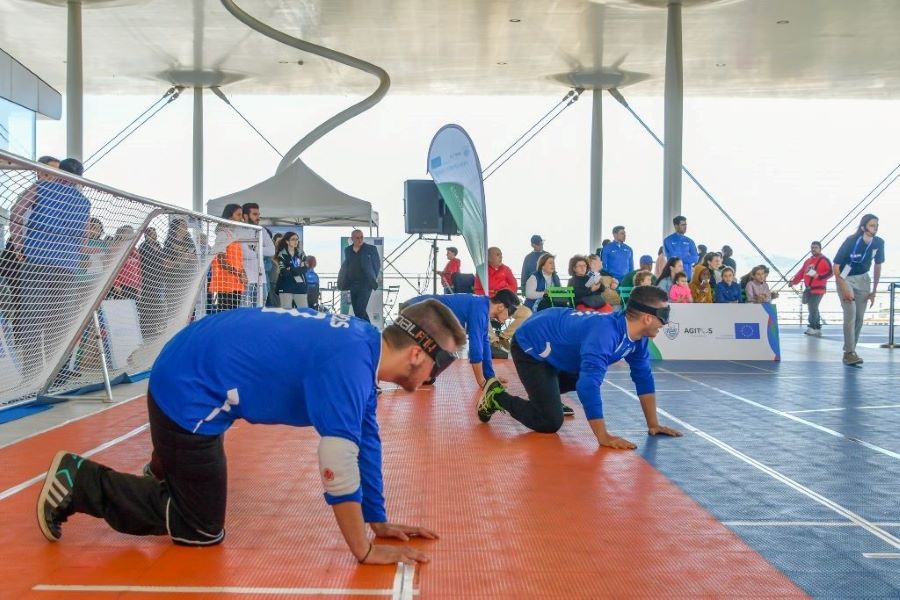

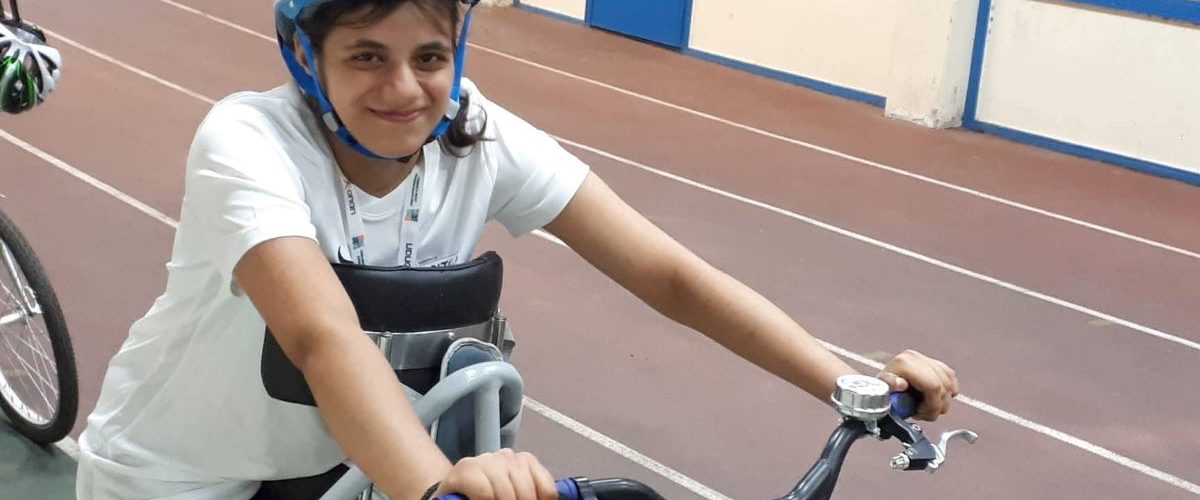
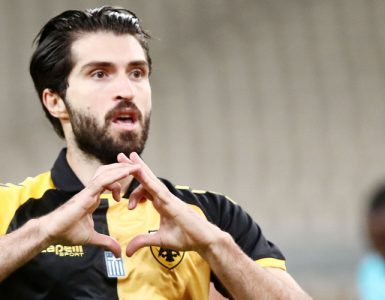
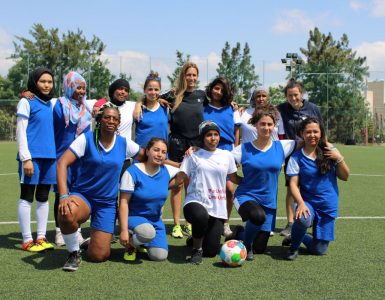
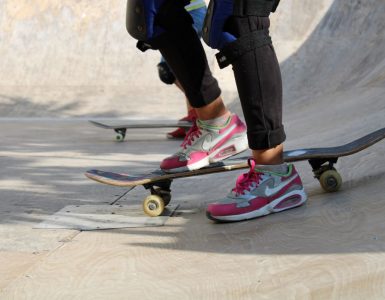




Add comment